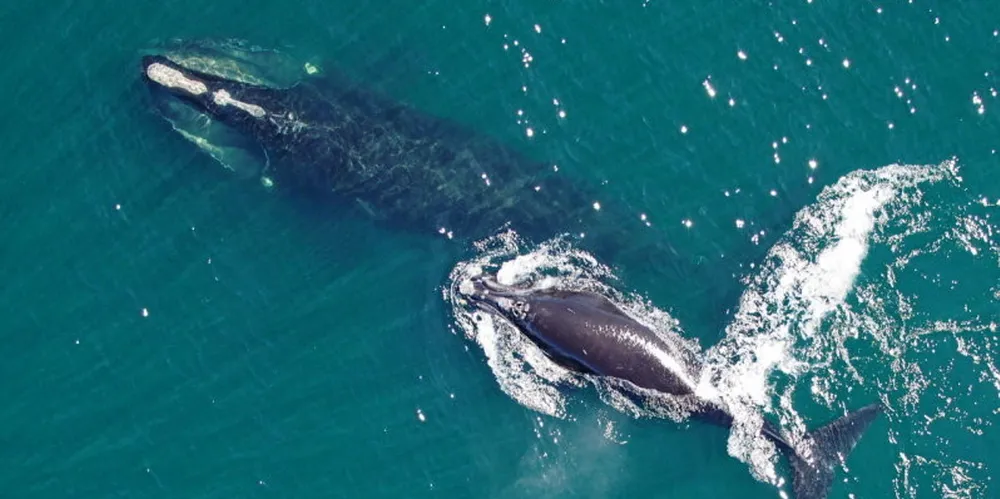'Send a message' | Climate change deniers to sue US over largest offshore wind array approval
Two libertarian groups aim to block Dominion Energy’s 2.6GW Virginia array to preserve endangered whales

A pair of US climate change-denying groups notified the federal government Monday of their intent to sue over its approval of Dominion Energy’s 2.6GW Coastal Virginia Offshore Wind project.
Libertarian think tank Heartland Institute and conservative group Committee for a Constructive Tomorrow (CFACT), said the approval was based on a “defective” biological opinion by NMFS that failed “to consider the cumulative impact of the entire East Coast offshore wind programme ordered by the Biden administration”.
Heartland is based in Illinois while CFACT is located in Washington, DC.
The biological opinion “ignores the ‘best scientific information available’ about the endangered population of the North Atlantic right whale,” the groups said.
H. Sterling Burnett, director of the Arthur B. Robinson Centre on Climate and Environmental Policy at the Heartland Institute, said: “We need to send a message to BOEM and NMFS that there will be legal consequences if they violate legal requirements for protection of the North Atlantic right whale.
Scientists believe that climate change-induced warming seas have caused a shift in their primary food source, copepod plankton, causing them to take up these new habitats.
The Heartland Institute first came to prominence in the 1990s for its work with tobacco company Philip Morris aimed at discrediting research on the health impacts of smoking.
It currently works to undermine global consensus on climate change, most recently through an education campaign targeting elementary schools that claims carbon emissions and global warming are beneficial for the environment.
The consortium claims that NMFS level B harassment authorisations given to developers to allow offshore wind development activities could “result in indirect death” of right whales.
NMFS level B harassment authorisations permit industrial acts that “have the potential to disturb (but not injure) a marine mammal or marine mammal stock in the wild,” according to the agency under the National Oceanic and Atmospheric Administration (NOAA).
All vessels operating in the offshore wind sector deploy marine mammal observers to detect the presence of the whales, and the industry’s activities are curtailed and vessel speeds slowed if endangered species are sighted.
The most likely venue for this litigation would be the US District Court for the District of Columbia, according to the groups.
(Copyright)